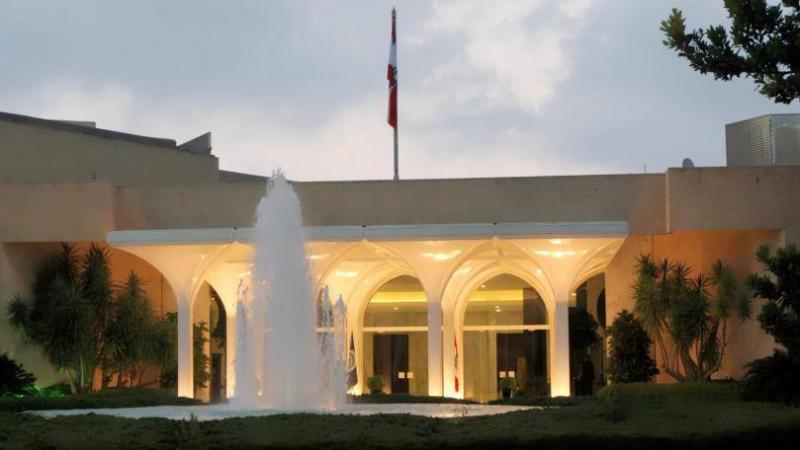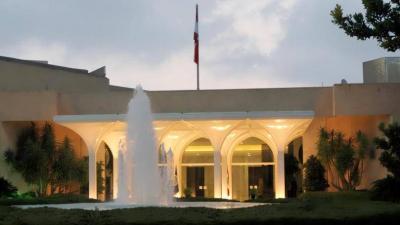The world, particularly the Middle East, is experiencing a period of respite marked by the Qatar World Cup. Doha has successfully provided an international umbrella that will extend this grace period and turn it into an opportunity to arrange regional and international situations. Among its notable achievements, Doha has established and renewed a truce in Yemen, preventing its collapse, in addition to its role in facilitating renewed U.S.-Iranian negotiations, with reports indicating that Iran has requested meetings with the P5+1 group before the end of the year.
In contrast, Saudi Crown Prince Mohammed bin Salman has gained a point with the Americans by securing immunity in the Khashoggi case, while continuing to navigate tensions with Washington through his eastern direction, which is also part of the negotiation path. International diplomatic sources suggest there is a serious opportunity to reach some agreements that could impact various arenas, including Lebanon. Consequently, Lebanese officials have been discussing the possibility of reaching a settlement after the New Year.
**Escalation Before Negotiation**
Amid this context, indicators of regional escalation have piled up, from targeting a fuel tanker in the Gulf of Oman to the increasing intensity of protests in Iran, which Tehran views as part of an international conspiracy to encircle it from within. In light of this escalation, Lebanese developments are gradually intertwining with regional and international contexts, particularly the rise of Iranian protests. Both Hezbollah and Iran perceive these protests as an external attempt to besiege and embarrass Tehran, necessitating escalation from both Hezbollah and its allies in different arenas.
Additionally, the equation of Benjamin Netanyahu returning to the Israeli government and reactivating military operations in Syria cannot be overlooked, which may evolve and expand towards other objectives, potentially affecting Iranian territory, complicating the situation further. These realities have prompted Hezbollah to redefine its presidential priorities progressively after insisting on consensus, settlement, and dialogue throughout the past period.
This does not mean that escalation is the only option; rather, the escalation coincides with a shift toward a negotiating direction, with all parties aiming to negotiate from a position of power. Hezbollah has begun enforcing this through its presidential equation and stressing to Bassil the necessity of unifying the March 8 forces behind Franjieh's candidacy. However, Bassil is firmly opposed to this and appears determined to seek a consensus candidate, attempting to solidify this during his visit to Paris by identifying names for moderate candidates acceptable to various parties.
Diplomatic sources reiterate that this month presents an opportunity to establish some common points among different forces regarding the Lebanese issue. However, if no progress can be achieved, indicators of escalation will increase, and the Lebanese issue will become increasingly tied to regional and international developments, making it necessary to wait for the outcomes of the renewed Vienna dialogue.




